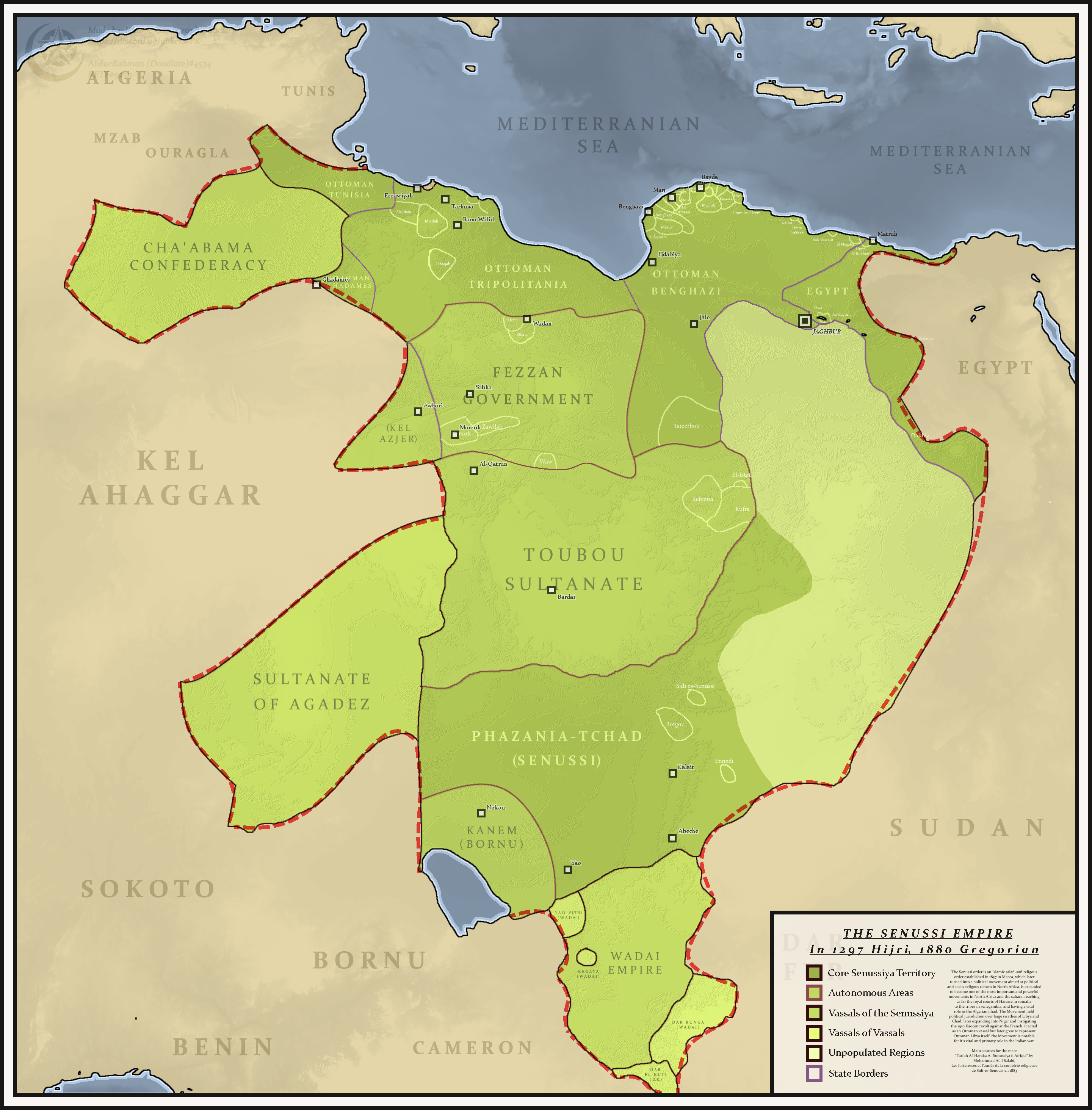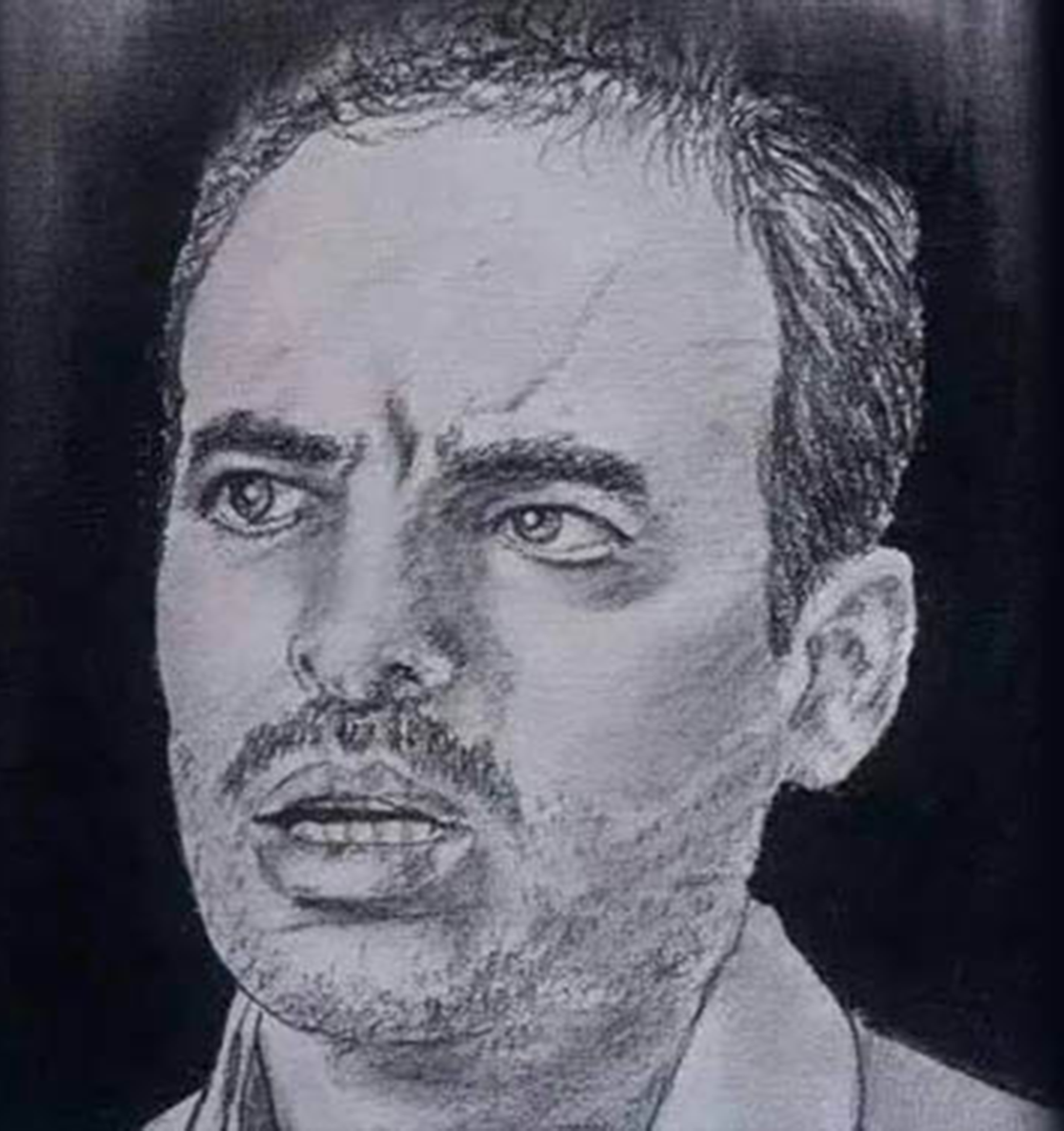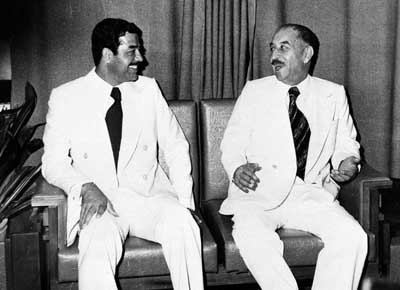|
Free Officers Movement (other)
Free Officers Movement can mean: * Free Officers Movement (Egypt) in Egypt who overthrew the Muhammad Ali Dynasty in the Egyptian Revolution, to form the Republic of Egypt. * Free Officers Movement (Iraq) in Iraq who overthrew the Hashemite Dynasty in the 14 July Revolution, to form the Republic of Iraq. * Free Officers and Civilians Movement in Iraq who campaigned against Saddam Hussein's rule in the 1991 Iraqi uprisings, to form the Coalition Provisional Authority. * Free Officers Movement (Syria) in Syria who fought against Bashar al-Assad's rule in the Syrian Civil War in 2011, to form the Free Syrian Army. * Free Officers Movement (Libya) in Libya who overthrew the Senussi Dynasty in the Libyan Revolution, to form the Libyan Arab Republic Muammar Gaddafi became the '' de facto'' leader of Libya on 1 September 1969 after leading a group of young Libyan Army officers against King Idris I in a bloodless coup d'état. When Idris was in Turkey for medical treatment, t ... [...More Info...] [...Related Items...] OR: [Wikipedia] [Google] [Baidu] |
1991 Iraqi Uprisings
The 1991 Iraqi uprisings were ethnic and religious uprisings against Saddam Hussein's Ba'athist regime in Iraq that were led by Shia Arabs and Kurds. The uprisings lasted from March to April 1991 after a ceasefire following the end of the Gulf War. The mostly uncoordinated insurgency was fueled by the perception that Iraqi President Saddam Hussein had become vulnerable to regime change. This perception of weakness was largely the result of the outcome of the Iran–Iraq War and the Gulf War, both of which occurred within a single decade and devastated the population and economy of Iraq. Within the first two weeks, most of Iraq's cities and provinces fell to rebel forces. Participants in the uprising were of diverse ethnic, religious and political affiliations, including military mutineers, Shia Islamists, Kurdish nationalists, Kurdish Islamists, and far-left groups. Following initial victories, the revolution was held back from continued success by internal divisions ... [...More Info...] [...Related Items...] OR: [Wikipedia] [Google] [Baidu] |
Senusiyya
The Senusiyya, Senussi or Sanusi () are a Islam, Muslim political-religious tariqa, Sufi order and clan in Libya and surrounding regions founded in Mecca in 1837 by the Grand Sanussi ( ''as-Sanūssiyy al-Kabīr''), the Ottoman Algeria, Algerian Muhammad ibn Ali al-Sanusi. During World War I the Senussis fought against both Kingdom of Italy, Italy and British Empire, Britain. During World War II, the Senussis provided support to the Eighth Army (United Kingdom), British Eighth Army in North Africa against Nazi Germany, Nazi and Fascist Italy, Fascist Italian forces. The Grand Senussi's grandson became Kingdom of Libya, King Idris of Libya, Idris I of Libya in 1951. The 1969 Libyan revolution led by Muammar Gaddafi overthrew him, ending the Kingdom of Libya, Libyan monarchy. The movement remained active despite sustained persecution by Gaddafi's government. The Senussi spirit and legacy continue to be prominent in today's Libya, mostly in Cyrenaica. History Beginnings: 1787–18 ... [...More Info...] [...Related Items...] OR: [Wikipedia] [Google] [Baidu] |
Kingdom Of Libya
The Kingdom of Libya (; ), known as the United Kingdom of Libya from 1951 to 1963, was a constitutional monarchy in North Africa that came into existence upon independence on 24 December 1951 and lasted until a bloodless coup d'état on 1 September 1969. The coup, led by Muammar Gaddafi, overthrew King Idris and established the Libyan Arab Republic. History Constitution Under the constitution of October 1951, the federal monarchy of Libya was headed by King Idris as chief of state, with succession to his designated male heirs (Art. 44 and 45 of the 1951 Constitution). Substantial political power resided with the king. The executive arm of the government consisted of a prime minister and Council of Ministers designated by the king but also responsible to the Chamber of Deputies, the lower house of a bicameral legislature. The Senate, or upper house, consisted of eight representatives from each of the three provinces. Half of the senators were nominated by the king, who a ... [...More Info...] [...Related Items...] OR: [Wikipedia] [Google] [Baidu] |
Syrian Opposition
Syrians () are the majority inhabitants of Syria, indigenous to the Levant, most of whom have Arabic, especially its Levantine and Mesopotamian dialects, as a mother tongue. The cultural and linguistic heritage of the Syrian people is a blend of both indigenous elements and the foreign cultures that have come to rule the land and its people over the course of thousands of years. By the seventh century, most of the inhabitants of the Levant spoke Aramaic. In the centuries after the Muslim conquest of the Levant in 634, Arabic gradually became the dominant language, but a minority of Syrians (particularly the Assyrians and Syriac-Arameans retained Aramaic (Syriac), which is still spoken in its Eastern and Western dialects. The national name "Syrian" was originally an Indo-European corruption of Assyrian and applied to Assyria in northern Mesopotamia, however by antiquity it was used to denote the inhabitants of the Levant. Following the Muslim conquest of the Levant, Arab ... [...More Info...] [...Related Items...] OR: [Wikipedia] [Google] [Baidu] |
Bashar Al-Assad
Bashar al-Assad (born 11September 1965) is a Syrian politician, military officer and former dictator Sources characterising Assad as a dictator: who served as the president of Syria from 2000 until fall of the Assad regime, his government was overthrown in 2024 after Syrian civil war, 13 years of civil war. As president, Assad was commander-in-chief of the Syrian Arab Armed Forces and secretary-general of the Regional Command of the Arab Socialist Ba'ath Party – Syria Region, Central Command of the Ba'ath Party (Syrian-dominated faction), Arab Socialist Ba'ath Party. He is the son of Hafez al-Assad, who ruled Syria from 1970 to 2000. In the 1980s, Assad became a doctor, and in the early 1990s he was training in London as an ophthalmologist. In 1994, after his elder brother Bassel al-Assad died in a car crash, Assad was recalled to Syria to take over Bassel's role as heir apparent. Assad entered the military academy and in 1998 took charge of the Syrian occupation of Leba ... [...More Info...] [...Related Items...] OR: [Wikipedia] [Google] [Baidu] |
Syria
Syria, officially the Syrian Arab Republic, is a country in West Asia located in the Eastern Mediterranean and the Levant. It borders the Mediterranean Sea to the west, Turkey to Syria–Turkey border, the north, Iraq to Iraq–Syria border, the east and southeast, Jordan to Jordan–Syria border, the south, and Israel and Lebanon to Lebanon–Syria border, the southwest. It is a republic under Syrian transitional government, a transitional government and comprises Governorates of Syria, 14 governorates. Damascus is the capital and largest city. With a population of 25 million across an area of , it is the List of countries and dependencies by population, 57th-most populous and List of countries and dependencies by area, 87th-largest country. The name "Syria" historically referred to a Syria (region), wider region. The modern state encompasses the sites of several ancient kingdoms and empires, including the Eblan civilization. Damascus was the seat of the Umayyad Caliphate and ... [...More Info...] [...Related Items...] OR: [Wikipedia] [Google] [Baidu] |
Free Officers Movement (Syria)
The Free Officers Movement (, Harakat ad-Dubbat al-Ahrar), also known as the Free Officers Brigade (, Liwa ad-Dubbat al-Ahrar), was a Syrian rebel group that operated during the early phase of the Syrian Civil War in 2011. The group consisted of defected officers and soldiers from the Syrian Armed Forces. Unlike the Free Syrian Army led by Colonel Riad al-Asaad, which had links to the Muslim Brotherhood of Syria, the Free Officers Movement was a secular-leaning group. The movement joined the FSA on 23 September 2011, but continued to operate under the name of the Free Officers Movement until mid-2012. History The Free Officers Movement was formed on 9 June 2011 by Hussein Harmoush, a lieutenant colonel who defected from the Syrian Army. He, along with 30 other defected soldiers, aided other rebels and civilians during the June 2011 Jisr ash-Shugur clashes and helped them escape to Turkey. He himself fled to Turkey during the operation and lived in a refugee camp near the ... [...More Info...] [...Related Items...] OR: [Wikipedia] [Google] [Baidu] |
Coalition Provisional Authority
The Coalition Provisional Authority (; , CPA) was a Provisional government, transitional government of Iraq established following the 2003 invasion of Iraq, invasion of the country on 19 March 2003 by Multi-National Force – Iraq, U.S.-led Coalition forces. The invasion marked the fall of the Ba'athist Iraq, Ba'athist regime led by Saddam Hussein. Citing United Nations Security Council Resolution 1483 (2003) and the Law of war, laws of war, the CPA was established in May 2003 and vested itself with executive (government), executive, Legislature, legislative, and judiciary authority over the Iraqi government from the period of the CPA's inception on 21 April 2003 until its dissolution on 28 June 2004. The CPA was admonished for its mismanagement of funds allocated to the Investment in post-invasion Iraq, reconstruction of post-invasion Iraq, with over $8 billion of these unaccounted for, including over $1.6 billion in cash that emerged in a basement in Lebanon. History of th ... [...More Info...] [...Related Items...] OR: [Wikipedia] [Google] [Baidu] |
Saddam Hussein
Saddam Hussein (28 April 1937 – 30 December 2006) was an Iraqi politician and revolutionary who served as the fifth president of Iraq from 1979 until Saddam Hussein statue destruction, his overthrow in 2003 during the 2003 invasion of Iraq, U.S. invasion of Iraq. He previously served as the Vice President of Iraq, vice president from 1968 to 1979 and also as the prime minister of Iraq, prime minister from 1979 to 1991 and later from 1994 to 2003. A leading member of the Ba'ath Party, Arab Socialist Ba'ath Party, he espoused Ba'athism, a mix of Arab nationalism and Arab socialism, while the policies and political ideas he championed are collectively known as Saddamism. Born near the city of Tikrit to a Sunni Islam, Sunni Arabs, Arab family, Saddam joined the revolutionary Ba'ath Party in 1957. He played a key role in the 17 July Revolution that brought the Ba'athists to power and made him Vice President of Iraq, vice president under Ahmed Hassan al-Bakr. During his tenure ... [...More Info...] [...Related Items...] OR: [Wikipedia] [Google] [Baidu] |



